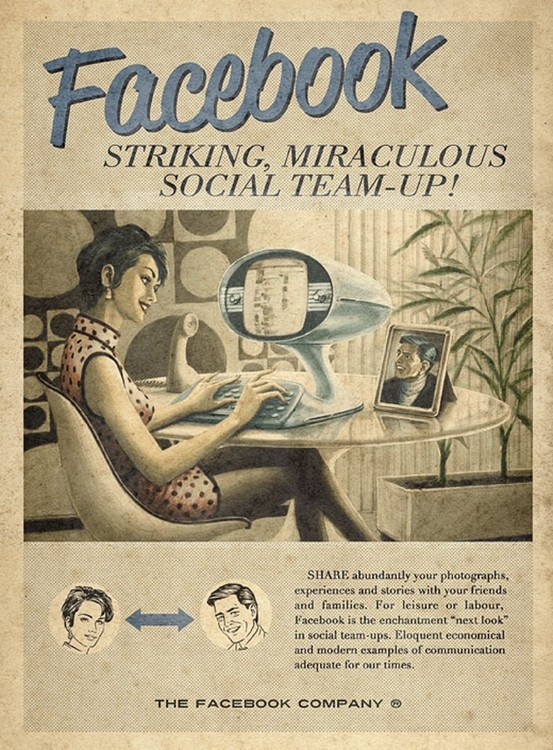 Seems like the Kool-Aid didn’t go down to well with Chamath Palihapitiya.
Seems like the Kool-Aid didn’t go down to well with Chamath Palihapitiya.
The former VP for user growth at Facebook believes that social media is “eroding the core foundations of how people behave,” and he had tremendous guilt about helping to create the tools that are “ripping apart the social fabric.”
Wow.
According to Hanna Kozlowska writing in Quartz, Palihapitiya addressed the Stanford School of Business last month and did not pull any punches.
“You don’t realize it, but you are being programmed … but now you got to decide how much you’re willing to give up, how much of your intellectual independence,” he warned the audience.
Palihapitiya believes “bad actors can manipulate large groups of people, and that as users, we compound the problem in our quest to create an idealized version of ourselves.”
This is powerful stuff, folks, from the inside out. Facebook’s first president Sean Parker also came out last month talking about the actual intent behind the development of the platform.
“It’s a social-validation feedback loop … exactly the kind of thing that a hacker like myself would come up with, because you’re exploiting a vulnerability in human psychology,” Parker told Axios in an interview.
Sour grapes? Bitter from a falling out with Zuckerberg? It would seem not. Both Parker and Palihapitiya are doing more socially-minded work now. Parker founded the Parker Institute for Cancer Immunotherapy and has become “something of a conscientious objector on social media.”
Palihapitiya is now the CEO of VC firm Social Capital, a firm that brings together philanthropists, technologists and capitalists to create change and value on a global scale. Oh, and he’s also co-owner of the Golden State Warriors, so he’s human after all.
He speaks of knowing, on some deep level, that something bad was likely to happen from social media and the way it works on our brains. Both men talk about how the platform knew about the potential impact on human behavior, and the addictive nature of the dopamine rush FB was optimized to create.
So the next time you’re on Facebook ask yourself…why are you there? What are you doing? And what would life look like if you stepped away, even for a little while?
“I would encourage all of you, as the future leaders of the world, to really internalize how important this is,” he says. “If you feed the beast, that beast will destroy you.”
